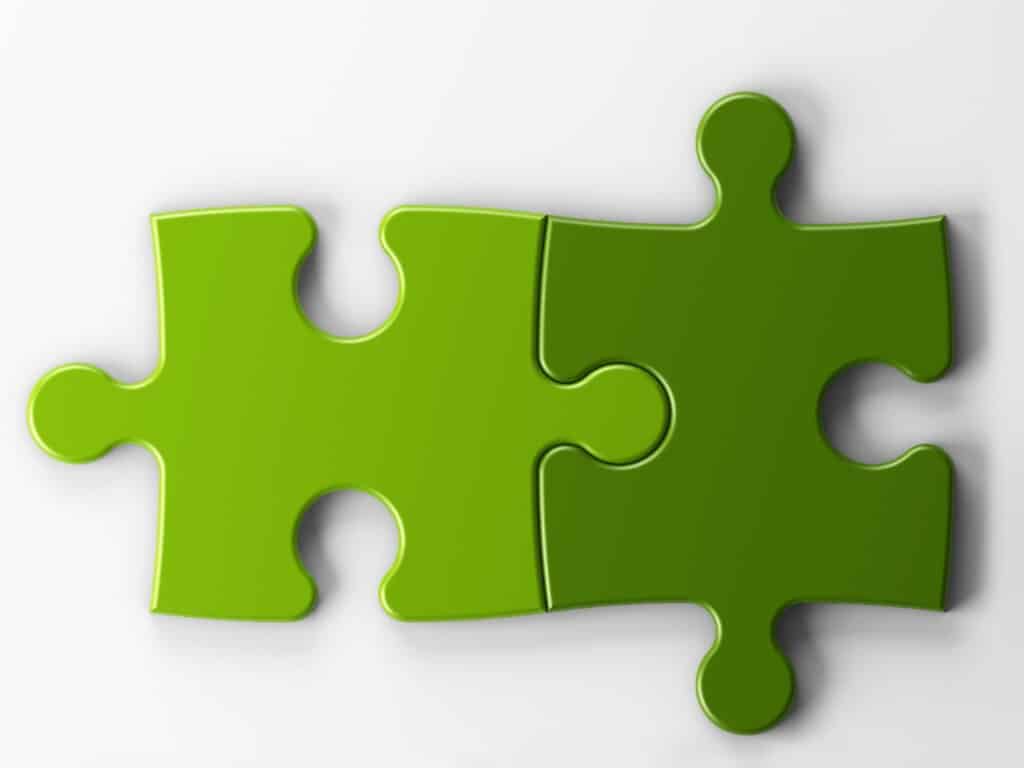Many people struggling with an eating disorder may also have another co-occurring mental health disorder, such as anxiety, depression, or OCD. In this article, we’ll discuss the connection between OCD and eating disorders and how Toledo Center can help you in your journey to recovery.
What is OCD?
Obsessive-compulsive disorder (OCD) is a chronic disorder in which someone experiences uncontrollable thoughts and behaviors that they feel the urge to repeat again and again.1 The obsessions associated with OCD vary but are generally unwanted and distressing. Some common obsessions associated with OCD include:2
- Fear of contamination or germs
- Repeated thoughts on topics that are sexual or religious in nature
- Fear of harming oneself or others
- Having things completed perfectly, symmetrically, or in the right order
Signs of Disordered Eating
Many signs of disordered eating may look normal, or even “healthy,” by our culture’s standards. However, just because a behavior is common, doesn’t mean that it’s helpful for your mind and body. Some signs of disordered eating include:
- Dieting
- Calorie counting
- Restricting food intake to make up for something that you ate earlier in the day (or something you plan to eat later)
- Exercising to “burn off” something that you ate
- Avoiding certain foods or food groups
- Anxiety about eating certain foods
- Rigid rules about what to eat, when to eat, or how to eat
- Avoiding eating with other people
- Hiding food rituals from others
OCD and Eating Disorders: What’s The Connection?
Eating disorders and OCD often occur together. It is estimated that 17-33% of people with an eating disorder will also have a diagnosis of OCD.3
OCD and The “Right” Way to Eat
People with eating disorders commonly struggle with perfectionism. While people who suffer from perfectionism may consider themselves as high achieving or hard-working, there may be another reason for their drive to do everything “just right.”
This compulsion to get everything right may actually be a sign of OCD. Plus, the desire for perfection in OCD can also fuel an eating disorder. Someone with OCD may begin to develop very black-and-white ways of thinking about food and then feel distressed when they deviate from the “right” way to eat.
OCD and Having The “Right” Body
There may also be some perfectionism in their body image. What may be a brief, fleeting thought of body dissatisfaction for some, a person with OCD may develop an all-consuming obsession with their size, weight, or appearance. They may also be focused on one particular part of their body that doesn’t seem right. The disordered eating behaviors are the compulsion used to try to make this part of their body perfect or “right.”
The thing with OCD is that the unwanted, distressing thoughts come back even after completing the behavior. For those with eating disorders and OCD, you may experience temporary relief when you engage in a disordered eating behavior, such as skipping a meal or counting calories, but it doesn’t take long until the distressing thoughts about your food and body return.
Fortunately, there are ways to break out of this cycle so that your life is not controlled by your OCD and eating disorder.
Getting Help for OCD and Eating Disorders
At Toledo Center, we have a team of trained mental health specialists who are sensitive to the intersection of OCD and eating disorders.
A trained therapist can help you understand the underlying factors that are contributing to your eating disorder and may identify a co-occurring disorder like OCD that is impacting your recovery. You may not get rid of OCD with counseling, but your therapist can equip you with the tools you need so that you are not ruled by your thoughts. If you are ready to take the first step toward food freedom, give us a call at 419-885-8800 or fill out our contact form.
Resources
- https://www.nimh.nih.gov/health/topics/obsessive-compulsive-disorder-ocd#:~:text=Obsessive%2Dcompulsive%20disorder%20(OCD),to%20repeat%20over%20and%20over.
- https://www.nimh.nih.gov/health/topics/obsessive-compulsive-disorder-ocd#:~:text=Obsessive%2Dcompulsive%20disorder%20(OCD),to%20repeat%20over%20and%20over.
- https://www.sciencedirect.com/science/article/abs/pii/S0165032720326975

